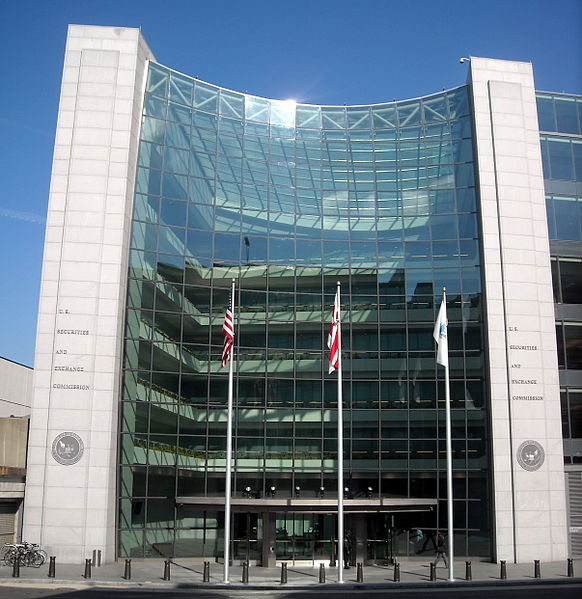On October 11, 2016, the Securities and Exchange Commission announced it filed a record 868 enforcement actions in fiscal year 2016 . Over fiscal year 2016, which ended on September 30, the SEC awarded over $57 million to 13 separate whistleblowers, including single awards of $17 million and $22 million. This 2016 total is more than all previous years of the program combined. In addition to record whistleblower award amounts, the SEC also successfully brought its first stand alone whistleblower retaliation action in 2016. In that case casino-gaming company International Game Technology (IGT) agreed to pay a $500,000 penalty for firing an employee with several years of positive performance reviews because he reported to senior management and to the SEC that the company’s financial statements might be distorted.
Furthermore, the SEC charged several major companies with violation of SEC rules that prohibit using confidentiality agreements or other actions to impede a whistleblower from communicating with the SEC. For instance, Anheuser-Busch InBev agreed to pay $6 million in penalties for recording improper payments by its sales promoters in India as legitimate expenses and including language in a separation agreement that “chilled an employee from communicating with the SEC.” Jane Norberg, Acting Chief of the SEC’s Office of the Whistleblower, commented on the Anheuser-Busch case stating: “Threat of financial punishment for whistleblowing is unacceptable. We will continue to take a hard look at these types of provisions and fact patterns.”
In August 2016, Atlanta, Georgia based BlueLinx Holdings agreed to a $265,000 penalty to settle charges that it used severance agreements that required outgoing employees to waive their rights to monetary recovery should they file a charge or complaint with the SEC or other federal agencies. Similarly, California based Health Net Inc. also paid a $340,000 penalty for illegally using severance agreements that required outgoing employees to waive their ability to obtain monetary awards from the SEC’s whistleblower program.
Fiscal year 2016 represents another major step forward for the SEC whistleblower program. The program, enacted by the Dodd-Frank Act in 2010 started out slow but has gained considerable momentum in recent years, as evidenced by the record breaking year in 2016. This growth can be at least partially attributed to the SEC whistleblower programs’ confidentiality provisions. Confidentiality is one of the most important aspects of the SEC whistleblower program. In contrast to the False Claims Act’s whistleblower provisions, an SEC whistleblower’s identity is entirely confidential. Thus, the protection afforded by confidentiality, increased awards and increased enforcement of illegal anti-whistleblower employment contracts will likely lead to another record breaking year for the SEC Office of the Whistleblower in 2017.






Talk with an Expert
Frohsin Barger & Walthall
Call 205.933.4006 or
Send us a Message